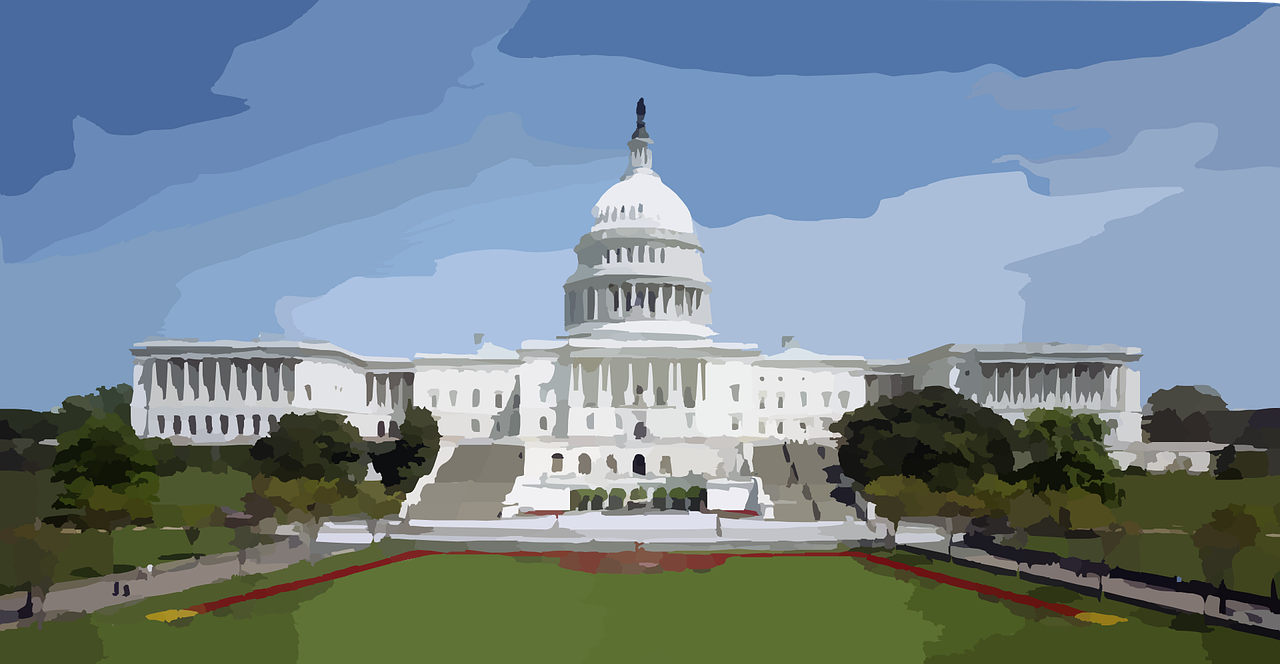
The Latest from Washington
by Dani Kehoe, Counsel to NAIFA
It’s coming up on crunch time in Washington—only days remain prior to the expiration of current funding to keep the government open and operating. And once the government funding legislation is done, the 116th Congress will probably adjourn sine die. So that makes December 11 also a likely deadline for any new coronavirus crisis aid legislation in 2020. Here’s the status of our issues as of this week.
Coronavirus Crisis Aid Bill: No formal negotiations on a new coronavirus crisis aid bill are underway, although there are a lot of talks going on behind the scenes. President-Elect Biden is encouraging Congress to enact a new aid bill this year, even if it means accepting a smaller package than Democrats want. And many Democrats are pressuring their leadership to negotiate as big a bill as possible, but to accept a smaller package if that’s all the GOP will agree to.
As of now, it looks like any new aid will more likely be attached to a government funding measure than to move on its own in a stand-alone bill. But lawmakers are still hoping for a separate piece of legislation. Time is running out, though, and it may be that the last chance for aid in 2020 will come by including it in the omnibus funding bill (or continuing resolution/CR) that Congress has to enact prior to midnight December 11.
Issues in play are many, but here are those that have the best chance for enactment this year: money to get COVID-19 vaccines distributed; small business help, probably through a re-start (and modification) of the Paycheck Protection Program (PPP); health care provider aid; new federal unemployment benefits; and, possibly, a new round of direct stimulus payments to individuals. There are also significant tax issues in the mix, including one that would overrule Treasury’s/IRS’ latest guidance that declares that business expenses paid with forgiven PPP loan money are not deductible. Extensions of such key tax aid as the employee retention tax credit (ERTC) and payroll tax deferral are also possible. These provisions expire 12/31/2020. Also, of significant concern to many lawmakers is the 12/31/2020 expiration of paid coronavirus-related sick and Family Medical Leave Act (FMLA) benefits. And a GOP priority that is likely to be included in any compromise is liability protection against COVID-19-related lawsuits.
Government Funding: Negotiations are well underway towards a massive omnibus spending bill that will fund all the federal government’s discretionary spending for the balance of this fiscal year. Negotiators have agreed on a topline spending amount of $1.4 trillion, and also on how to allocate that money among the 12 regular order appropriations measures (which, if they succeed, in crafting a big omnibus bill, will be combined into one very large measure).
Now, the relevant appropriations subcommittees in the House and Senate are hammering out how much of their allocated funding levels will go to each of the agencies and programs within their jurisdiction. Of course, there are remaining controversies, and so this task will not be easy. But all signs point to a successful resolution of the issues, with a compromise ready for House and Senate votes before December 11—but, quite likely, not much before December 11. If lawmakers do not come to an agreement, or if President Trump declines to sign the agreement into law, the fallback position is a temporary measure (a CR), at current funding levels, probably lasting only a few weeks into 2021. No one wants a government shut-down just two weeks before Christmas. And that’s what would happen if a new omnibus funding bill or a CR is not enacted. Right now, it appears that the risk of a government shut-down is pretty low.
Authorization of and funding for the National Flood Insurance Program (NFIP) will probably be included, whether Congress enacts an omnibus funding bill or a CR.
Regulations: The Department of Labor (DOL) has sent its new fiduciary rule applicable to retirement savings plans to the White House (Office of Information and Regulatory Affairs, OIRA) for review. This is the last step prior to finalizing the regulation. It is probable that OIRA will sign off on the regulation prior to the end of the Trump Administration. So, we could see the final rule at any time over the next few weeks.
The 117th Congress: The current partisan split in the House is (as of November 27) 222 Democrats to 206 Republicans, with seven still-uncalled House races. Most of the still-open House seats look like they’ll go to the GOP, giving Democrats a four-to-six seat majority in the 117th Congress. In the Senate, it’s still 50 to 48 in favor of the GOP. There won’t be any update on that until after Georgia’s January 5 run-off elections. Both parties are pulling out all the stops in the Georgia races since their outcome will determine Senate control. Current polling gives the advantage to the Republicans.
Happy Holiday Season: With COVID-19 raging largely unchecked throughout the country, this year’s holiday season is “different” (at best). But we hope it’s still a magical time for all of you, and that you and your families and friends are and remain healthy and looking forward to a busy, prosperous and happy New Year.
|
|||||||||||||||||||||||||



